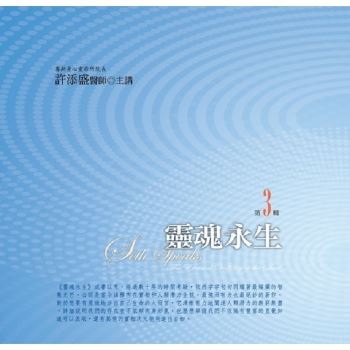The issue of the existence of a criminal law on intellectual property is currently the subject of much debate, as the field is still embryonic and in full bloom. Its examination is even more interesting when placed in the context of the Bangui Agreement and the member states of the African Intellectual Property Organization (hereinafter "OAPI"). In other parts of the world, a number of contemporary authors, pioneers in the field, have tackled the subject, highlighting the singular, recent, technical and complex nature of this law. More than six decades after the Libreville Agreement, the new Community legislator, anxious to ensure respect for intellectual property rights and to combat effectively the criminal phenomenon of counterfeiting in the OAPI area, has systematically incorporated repressive provisions (both substantive and formal) into the Agreement and its Annexes, while assigning contentious jurisdiction to the criminal courts of the member states. Today, the question of criminal IP law in the OAPI space is emerging as an issue of great interest and merit.
| FindBook |
有 1 項符合
Intellectual Property Criminal Law in OAPI的圖書 |
 |
Intellectual Property Criminal Law in OAPI 作者:Toni 出版社:Our Knowledge Publishing 出版日期:2024-07-29 語言:英文 規格:平裝 / 52頁 / 22.86 x 15.24 x 0.3 cm / 普通級/ 初版 |
| 圖書館借閱 |
| 國家圖書館 | 全國圖書書目資訊網 | 國立公共資訊圖書館 | 電子書服務平台 | MetaCat 跨館整合查詢 |
| 臺北市立圖書館 | 新北市立圖書館 | 基隆市公共圖書館 | 桃園市立圖書館 | 新竹縣公共圖書館 |
| 苗栗縣立圖書館 | 臺中市立圖書館 | 彰化縣公共圖書館 | 南投縣文化局 | 雲林縣公共圖書館 |
| 嘉義縣圖書館 | 臺南市立圖書館 | 高雄市立圖書館 | 屏東縣公共圖書館 | 宜蘭縣公共圖書館 |
| 花蓮縣文化局 | 臺東縣文化處 |
|
|
圖書介紹 - 資料來源:博客來 評分:
圖書名稱:Intellectual Property Criminal Law in OAPI
|











